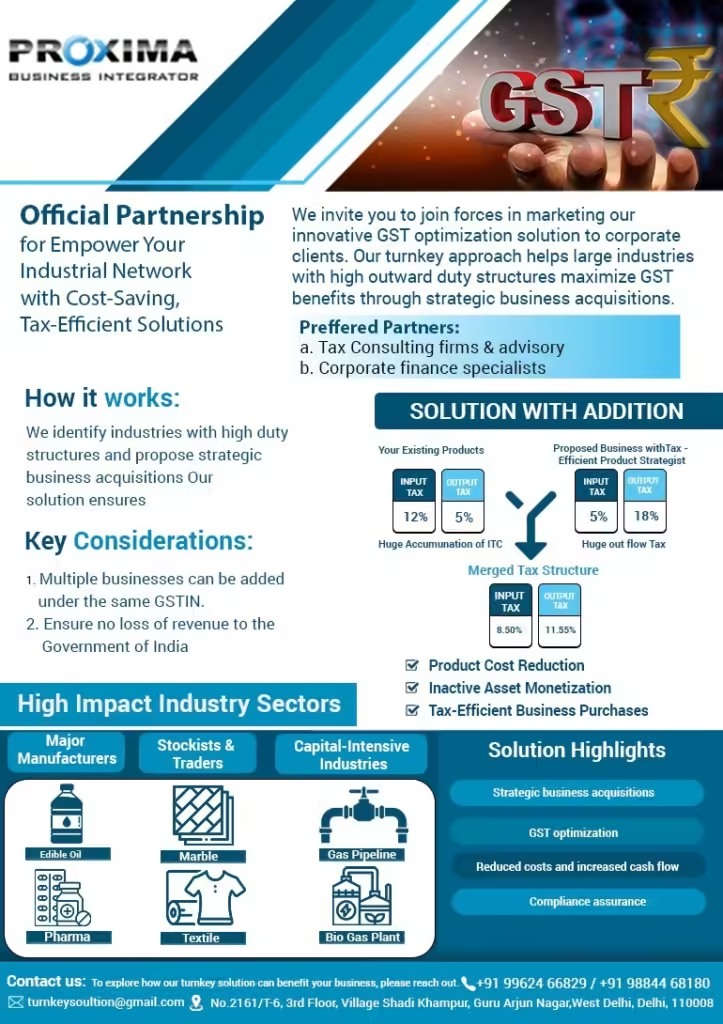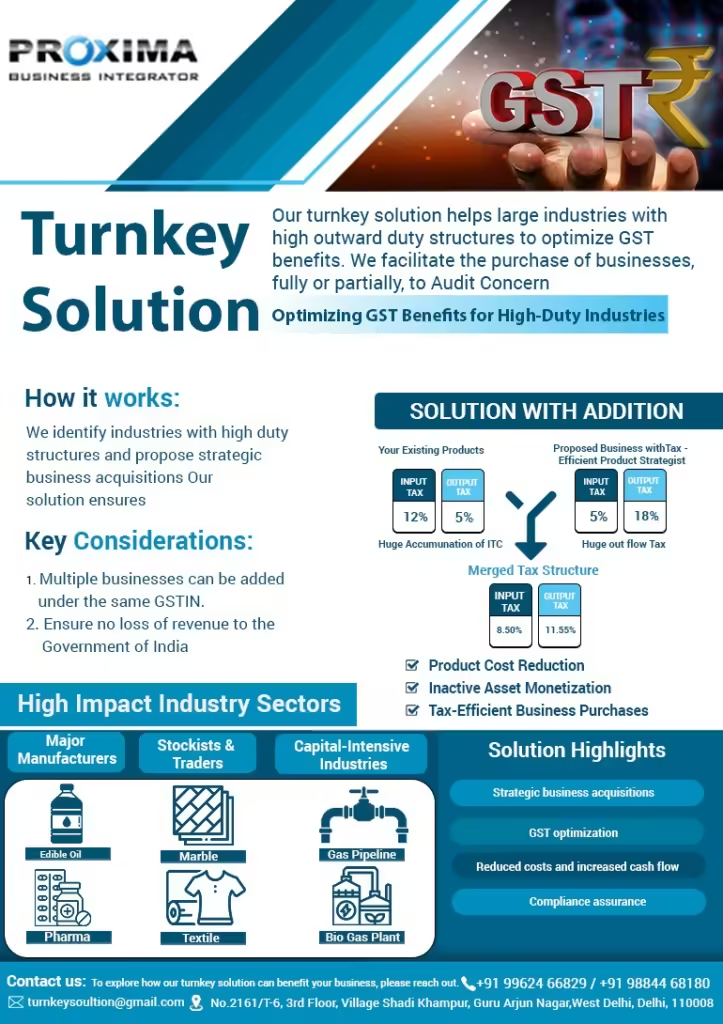The Supreme Court has held that the assessing officer (AO) had no jurisdiction to consider the claim made by the assessee in the revised return filed after the time prescribed by Section 139(5) of the Income Tax for filing a revised return had already expired.
The bench of Justice Abhay S Oka and Justice Augustine George Masih while upholding the decision of the Madras High Court observed that the assessing officer cannot entertain any claim made by the assessee otherwise than by following the provisions of the Income Tac Act. When a revised return dated 29th October 1991 was filed, it was barred by limitation in terms of section 139(5) of the Income Tax Act.
Table of Contents
Background
The appellant/assessee filed a return of income under the Income Tax Act, 1961 for the assessment year 1989-90. On 31st October 1990, the appellant filed a revised return. As per intimation issued under Section 143(1)(a) of the Income Tax Act on 27th August 1991, the appellant paid the necessary tax amount.
On 29th October 1991, the appellant filed another revised return. The assessing officer did not take cognizance of the said revised return. Therefore, the appellant preferred an appeal before the Commissioner of Income Tax (Appeals). By the order dated 21st July 1993, the CIT (Appeals) dismissed the appeal on the ground that in view of Section 139(5) of the Income Tax Act, the revised return filed on 29th October 1991 was barred by limitation.
The appellant-assessee preferred an appeal before the Income Tax Appellate Tribunal (ITAT). The Tribunal partly allowed the appeal by remanding the case back to the file of the assessing officer. The assessing officer was directed to consider the assessee’s claim regarding the deduction of deferred revenue expenditure.
The respondent-Department preferred an appeal before the High Court of Judicature at Madras.
The High Court proceeded to set aside the order of the Tribunal on the ground that after the revised return was barred by time, there was no provision to consider the claim made by the appellant.
Arguments
The assessee contended that the Tribunal did not direct consideration of the revised return but the Tribunal was rightly of the view that the assessing officer can consider claim made by the appellant regarding deduction of deferred revenue expenditure in accordance with law. He submitted that the appellant was entitled to make a claim during the course of the assessment proceedings which otherwise was omitted to be specifically claimed in the return.
The department contended that after the revised return was barred by limitation, there was no question of considering the claim for deduction made by the appellant in the revised return. He submitted that the High Court was absolutely correct in coming to the conclusion that after the revised return was barred by limitation, the assessing officer had no jurisdiction to consider the case of the appellant.

Issue Raised
The issue raised was in respect of the power of the assessing officer to consider the claim after the revised return was barred by time.
Relevant Provisions
Section 139(5) of the Income Tax Act states that If any person, having furnished a return under sub-section (1), or in pursuance of a notice issued under sub-section (1) of section 142, discovers any omission or any wrong statement therein, he may furnish a revised return at any time before the expiry of one year from the end of the relevant assessment year or before the completion of the assessment, whichever is earlier.
Where the return relates to the previous year relevant to the assessment year commencing on the 1st day of April, 1988, or any earlier assessment year, the reference to one year aforesaid shall be construed as a reference to two years from the end of the relevant assessment year.
Conclusion
The Supreme Court while dismissing the appeal held that the Tribunal has not exercised its power under Section 254 of the Income Tax Act to consider the claim. Instead, the Tribunal directed the assessing officer to consider the appellant’s claim.
Is AO Empowered To consider Time barred income tax revised return?
The assessing officer (AO) had no jurisdiction to consider the claim made by the assessee in the revised return filed after the time prescribed by Section 139(5) of the Income Tax for filing a revised return had already expired.
What provision specifies Time for filing income tax revised return?
Section 139(5) of the Income Tax Act states that If any person, having furnished a return under sub-section (1), or in pursuance of a notice issued under sub-section (1) of section 142, discovers any omission or any wrong statement therein, he may furnish a revised return at any time before the expiry of one year from the end of the relevant assessment year or before the completion of the assessment, whichever is earlier.
Case Details
Case Title: M/s. Shriram Investments Versus The Commissioner of Income Tax III Chennai
Case No.: Civil Appeal No. 6274 Of 2013
Date: 04/10/2024













